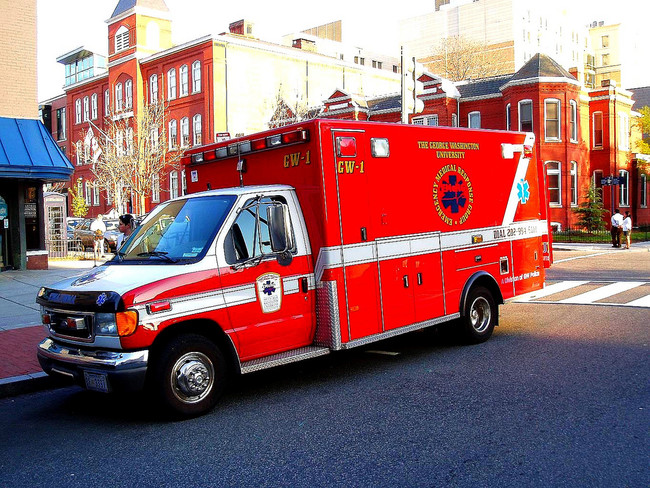12 Things That You Didn't Know About 911 Calls
1.

Most calls aren't emergencies. Over 95% of calls aren't for real emergencies. Instead, these calls are from people who can't cope with small trifles, liking getting parking tickets.
2.

The dispatcher may be knitting when you call. Able to multitask with the best of them, dispatchers often keep idle hands busy with activities like knitting. Some are so adept at multitasking that they continue doing what they're doing while they're giving people CPR instructions.
3.

They have regulars. Usually referred to as "frequent fliers," these are the people who call 911 regularly to complain about the same ailment.
4.
They hate baby calls. According to another dispatcher, "If you get a call that a baby isn’t breathing, the whole room gets really, really quiet. All the dispatchers pull for the person giving CPR instructions. I’ve had a couple that have gone badly, and those are hard to let go."
5.
Use a landline if at all possible. It's easier to pinpoint landline locations than it is to gather similar information from mobile phones.
6.
Many dispatchers are traumatized by what they hear on a daily basis. A recent study found that 911 dispatchers often experience Post Traumatic Stress Disorder. As one woman explains, "I heard a gentleman take his last breath after being stabbed. That one still bothers me today, and it happened seven years ago. I have thick skin, but not around my heart."
7.
They don't care why it happened. Everyone wants to explain why they ended up in that particular situation, but the fact of the matter is that this has nothing to do with how dispatchers should respond to the call.
8.
You don't have to say anything. If you're in a bad situation and can't speak, dispatchers will communicate with you through buttons. "We'll tell them to press a button if they’re in the city," explains one dispatcher in Georgia. "If they don’t press a button, we’ll know that they’re in another area. If there’s a domestic situation, we’ll ask, 'Is he still in the room? Does he have a weapon? Has he been drinking?'"
9.
If you accidentally dial 911, you can still be tracked after you hang up. Even if you called by mistake, officers will show up on the scene. By staying on the phone and explaining that it was an accident, you can avoid wasting first responders' valuable time.
10.
There is a call hierarchy. Dispatchers send out responders to the most severe cases first. Calls involving violence are pushed to the front of the line. When it comes to less severe cases, officers take their time, since their presence likely won't make a difference either way.
11.
Butt dials are a big problem. The FCC estimates that half of all 911 calls are butt dials. In New York City alone, 84 million calls a year are accidental.
12.
They are human lie detectors. Based on tone and context, most dispatchers can tell whether or not callers are lying, and can then respond to the situation accordingly. I don't know about you, but I'm most concerned about the fifth one. I mean...who has landlines anymore? Mobile companies have to step up their GPS game!
Views
Favorites

Comments